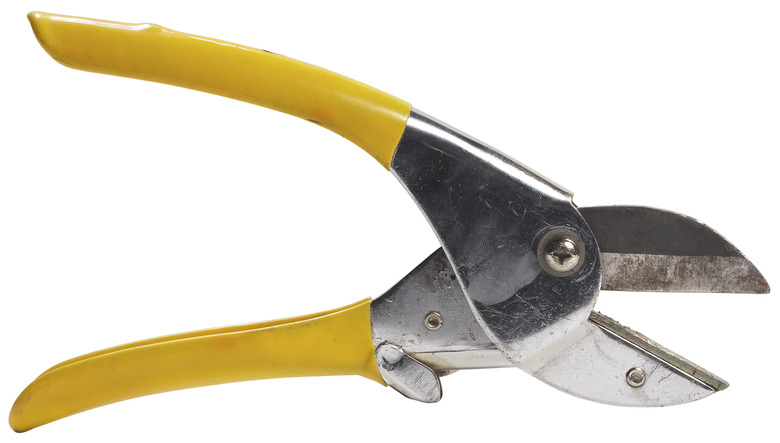How To Troubleshoot Sage Leaves With Brown Spots
Things Needed
-
Pruning shears
-
Fungicidal spray or cinnamon oil
-
Indoor grow light (optional)
There are many varieties of sage, from ornamental sage called Salvia to the more traditional sage, the leaves of which are used as an herb in cooking. Sage plants are usually hardy plants that grow well with little care, however, they can deteriorate quickly when neglected. Brown spots on the leaves of the sage plant can be an indication of several different problems. Troubleshooting the plant to determine the problem is the first step in solving it.
Step 1
Examine the plant to see if the brown spots occur only on certain leaves. This is an indication of rot or mildew. Use pruning shears to cut off the parts of the plant that are contaminated. Throw the contaminated parts in the trash, not your compost pile, which would contaminate the ground.
Step 2
Apply a fungicidal spray to the leaves and stem of the sage plant to eliminate any remaining mold or mildew spores. If the sage is used as an herb in cooking, spray it with cinnamon oil rather than a fungicide spray. Cinnamon oil is available at most natural food stores.
Step 3
Check the soil for adequate moisture. Brown spots and yellow leaves are often an indication of over watering or under watering a plant. If the soil is soggy to the touch, stop watering the sage plant until the first inch of soil is dry. If the soil is pulling away from the side of the plant pot, or the plant is wilting in the ground, then it needs additional water. Sage plants should be watered only when the top of the soil dries out.
Step 4
Check to ensure it is receiving the proper sun exposure. Sage plants need a full day of sunlight each day in order to flourish. Lack of sunlight can cause the leaves to develop brown areas. If the sage plants are indoors, move them to a location that receives more sunlight. You can also place the sage plants under an indoor grow light.
